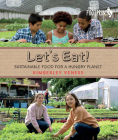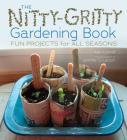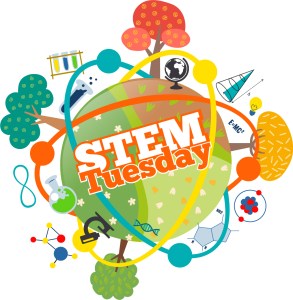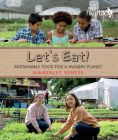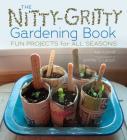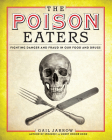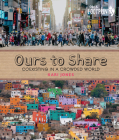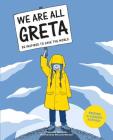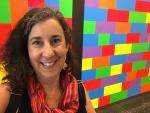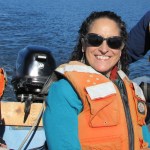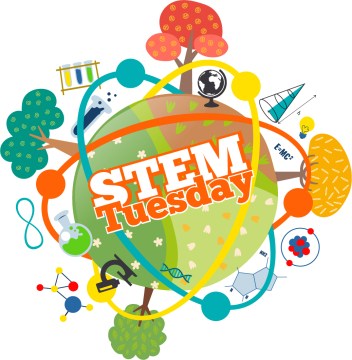
Sustainable living protects the environment, and it’s something everyone can try. Here are the books I read that promote sustainable living, covering topics students can experiment with in their in-school classrooms or at-home ones.
Let’s Eat: Sustainable Food for a Hungry Planet by Kimberley Veness
Readers will take a look at the impact of pesticides, fertilizers, food chains, and commercial fishing on our food and environment.
The Nitty Gritty Gardening Book: Fun Projects For All Seasons by Kari Cornell, photographs by Jennifer S. Larson
Why rely on others for your fruits and veggies? This book provides readers with easy projects to jumpstart your own gardening.
Classroom activity: Try the fall and winter projects in the book, from growing an avocado plant from its seed to making an herb window box. Activities include detailed materials lists and instructions. Incorporate some science into the projects by asking students to record observations such as how much their plant grows in one week, or how different areas in their homes or classrooms affect the growth of their plants. Students will have some fun and tasty projects to try over the winter with this book.
Additional resource: National Garden Bureau, https://ngb.org/2020/03/25/kids-gardening-activities/
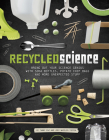
Recycled Science: Bring Out Your Science Genius with Soda Bottles, Potato Chip Bags, and More Unexpected Stuff by Tammy Enz and Jodi Wheeler-Toppen
This title shows you how to put your waste to work with ideas to recycle common household items and learn science while you are at it.
Classroom activity: Students can earn all kinds of interesting science concepts in this book through activities that recycle what is usually waste–like how wood can bend and how crystals form. Have students try any of the activities in this book. Encourage them to make a video demonstrating their end results, describing the recycled materials they used and the science behind what they created.
Additional resource: NASA Climate Kids, https://climatekids.nasa.gov/recycle-this/

Diet for a Changing Climate: Food for Thought by Christy Mihaly and Sue Heavenrich
Can we alter the way we eat to solve the problem of hunger in the world? Authors Mihaly and Heavenrich offer a compelling look at facing the global hunger crisis by eating weeds, wild plants, and bugs.
Classroom activity: Most kids (and not just picky eaters) may think eating weeds, wild plants, and bugs is gross, but as this book points out–doing so could really help our environment. Ask students to pick a bug or plant described in the book and create a commercial or poster listing its many benefits to humans and the environment. Ask them to do some further research to support their claims, and think of a meal or recipe their chosen food could be used in. In addition to this activity, students can try making one of the recipes in the book.
Additional resource: Time for Kids, https://www.timeforkids.com/g56/bug-business/
There are so many STEM-filled activities in each of these books and the others on this month’s book list. Students will have fun with the science and learn about sustainability with each one!
